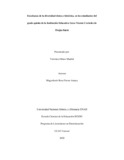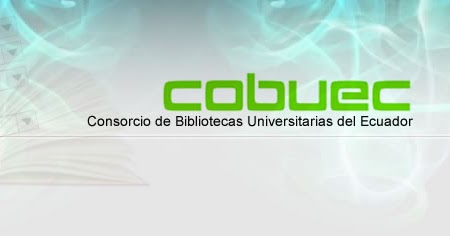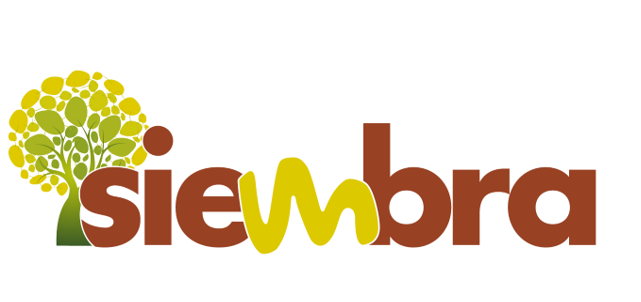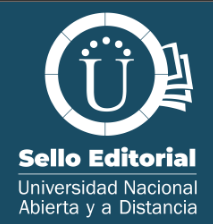Mostrar el registro sencillo del ítem
Enseñanza de la diversidad étnica e histórica, en los estudiantes del grado quinto de la Institución Educativa Liceo Vicente Caviedes de Ovejas-Sucre.
| dc.contributor.advisor | Navas Amaya, Magyohoris Rosa | |
| dc.coverage.spatial | cead_-_corozal | spa |
| dc.creator | Olmos Madrid, Veronica | |
| dc.date.accessioned | 2020-10-14T05:34:00Z | |
| dc.date.available | 2020-10-14T05:34:00Z | |
| dc.date.created | 2020-10-03 | |
| dc.identifier.uri | https://repository.unad.edu.co/handle/10596/36798 | |
| dc.description.abstract | De acuerdo con Lesser (1928:65) “los objetivos para la enseñanza de las ciencias, tal como se indica en textos y publicaciones sobre los planes de estudio, dependen de hasta qué punto haya sido capaz el maestro de inspirar, guiar o animar a sus estudiantes”. Esto apunta al conocer de la enseñanza y aprendizaje de la asignatura de historia como docente moderno que aplica las estrategias pedagógicas y modelos según las necesidades encontradas en los estudiantes y el contexto donde se desenvuelven; promoviendo la convivencia saludable, un aprendizaje basado en el conocimiento de otras culturas, la participación para la reivindicación de los derechos individuales y colectivos como grupo étnico y el fortalecimiento de la identidad individual que repercute en la vida social. El proyecto que se presenta a continuación lleva por título “Enseñanza de la diversidad étnica e histórica, en los estudiantes del grado quinto de la Institución Educativa Liceo Vicente Caviedes de Ovejas, Sucre”; es el resultado de un trabajo basado en la observación directa donde se encontró una necesidad en la población estudiantil de reconocer, identificar y apropiarse de sus conocimientos sobre su cultura y las culturas de la nación, fomentando así el respeto y concientización hacia las mismas; la relevancia e importancia de este trabajo estuvo sujeta a aportar sobre los estudios de identidad en comunidades étnicas que tienen una historia y una cultura con una marcada impronta en la construcción de la nación. De igual importancia resulta mencionar que el proyecto de investigación está inscrito en la línea de investigación denominada Etnoeducación, Cultura y Comunicación de la Escuela de Ciencias de la Educación (ECEDU) de la Universidad Nacional Abierta y a Distancia (UNAD), con el propósito de presentar alternativas de incorporación en el plan de estudio de la asignatura de historia, estrategias pedagógicas como el constructivismo cognitivo y el método histórico donde se le brinda a los estudiante herramientas fundamentales que le permitan crear sus propios conocimientos desarrollando las habilidades del hacer, conocer, analizar y convivir en un contexto multicultural. La asignatura de historia despierta en los estudiantes el sentido de la curiosidad puesto que al no saber de sus raíces culturales he históricas pone en acción el pensar, investigar , y el conocer sobre ellas, además, esta proporciona la divulgación, identificación y concepción del ámbito etnoeducativo; en esta investigación se pretende sembrar, promover y generar cultura hacia la asignatura de historia ya que a menudo es vista por los estudiantes como algo tedioso debido a que existen problemas de comprensión y principalmente porque están alejados de su realidad contextual, lo cual trae como resultado un bajo rendimiento académico, desmotivación y pérdida del interés hacia la misma lo que afecta inevitablemente los valores individuales. | spa |
| dc.format | ||
| dc.title | Enseñanza de la diversidad étnica e histórica, en los estudiantes del grado quinto de la Institución Educativa Liceo Vicente Caviedes de Ovejas-Sucre. | |
| dc.type | Proyecto de investigación | |
| dc.subject.keywords | Etnoeducación, inclusión, Enseñanza, Cultura, Constructivismo, Historia | spa |
| dc.description.abstractenglish | According to Lesser (1928: 65) “the objectives for science teaching, as indicated in texts and publications on the curricula, depend on the extent to which the teacher has been able to inspire, guide or encourage students. his students ”. This points to knowing about the teaching and learning of the history subject as a modern teacher who applies pedagogical strategies and models according to the needs found in the students and the context where they develop; promoting healthy coexistence, learning based on knowledge of other cultures, participation for the claim of individual and collective rights as an ethnic group and the strengthening of individual identity that affects social life. The project presented below is entitled "Teaching ethnic and historical diversity in fifth grade students of the Liceo Vicente Caviedes de Ovejas Educational Institution, Sucre"; It is the result of a work based on direct observation where a need was found in the student population to recognize, identify and appropriate their knowledge about their culture and the cultures of the nation, thus promoting respect and awareness towards them; The relevance and importance of this work was subject to contributing on the studies of identity in ethnic communities that have a history and a culture with a marked imprint on the construction of the nation. It is equally important to mention that the research project is registered in the line of research called Ethnoeducation, Culture and Communication of the School of Education Sciences (ECEDU) of the National Open and Distance University (UNAD), with the purpose of presenting alternatives of incorporation in the study plan of the subject of history, pedagogical strategies such as cognitive constructivism and the historical method where students are given fundamental tools that allow them to create their own knowledge by developing the skills of doing, knowing, analyzing and coexist in a multicultural context. The history subject awakens in students the sense of curiosity since, not knowing about its cultural and historical roots, it puts into action thinking, investigating, and knowing about them, in addition, it provides the disclosure, identification and conception of the field ethno-educational; In this research it is intended to sow, promote and generate culture towards the subject of history since it is often seen by students as something tedious due to the fact that there are problems of understanding and mainly because they are far from their contextual reality, which results in low academic performance, lack of motivation and loss of interest in it, which inevitably affects individual values. | spa |
| dc.subject.category | ciencias sociales, Historia, Arte | spa |















